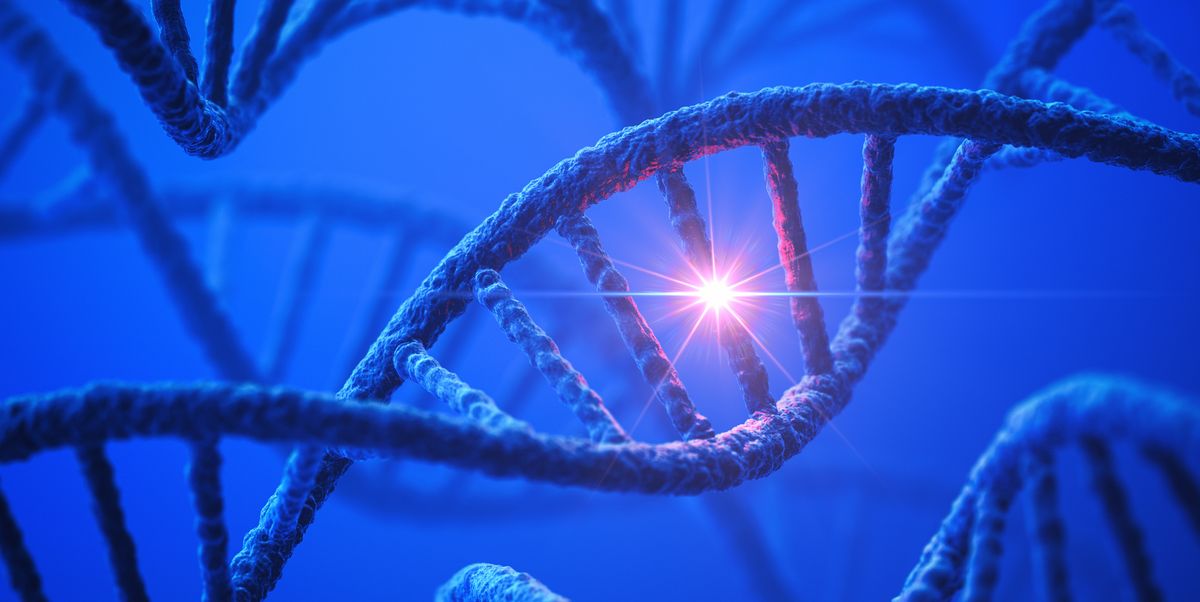In a groundbreaking study that stands as the most extensive examination of cerebral palsy (CP) genetics to date, researchers have uncovered that genetic anomalies are the probable cause of CP in over a quarter of Chinese children studied, challenging the long-held belief that oxygen deprivation during birth is the primary culprit.

Published in Nature Medicine, the study utilized advanced genomic sequencing techniques and revealed that mutations were notably prevalent in CP cases associated with birth asphyxia. This suggests that the lack of oxygen might be a consequence of pre-existing genetic defects, aligning with findings from smaller-scale studies worldwide.
The research involved over 1,500 Chinese children with CP and was a joint venture between the University of Adelaide and several Chinese institutions, including Fudan University Shanghai and Zhengzhou University.
Leading the Australian contingent, Emeritus Professor Alastair MacLennan AO and Professor Jozef Gecz highlighted that 24.5% of the children exhibited rare genetic variations linked to CP. This discovery echoes previous Australian research, which indicated that up to a third of CP cases have genetic origins.
Professor Gecz, Head of Neurogenetics at the University of Adelaide, emphasized the significance of these findings, noting that some infants diagnosed with CP following birth asphyxia might actually have genetic variants affecting brain development, rather than suffering from oxygen deprivation.
Importantly, the study identified potential treatments for 8.5% of the genetic cases, showcasing the potential of genetic insights to guide personalized therapies for affected individuals.
Cerebral palsy, the most prevalent motor disability in childhood, affects movement and posture and is diagnosed in approximately 2 out of every 1000 children globally. It is sometimes associated with other conditions such as epilepsy, autism, and intellectual challenges, with symptoms typically manifesting in infancy or early childhood and varying in severity.
The team pinpointed 81 genes with causative mutations in the CP-affected children, which are crucial to neural and embryonic development and may influence molecular pathways tied to respiration.
Professor MacLennan, who has advocated against the misconception that CP is primarily due to birth trauma or oxygen deprivation, stressed that this belief has led to unnecessary medical litigation and a surge in defensive caesarean deliveries, along with increased insurance costs for obstetricians.
He advocates for early genetic testing in children with CP, particularly those with risk factors like birth asphyxia, to ensure appropriate medical care and treatment. He asserts that all children with CP deserve modern genetic screening, as early and tailored interventions can significantly enhance their long-term prospects.
With ongoing research delving into additional genetic variations contributing to CP, the expectation is that the rate of genetic diagnoses will continue to rise, offering new avenues for understanding and treating this complex condition.
Source: naturemedicine
Leave a Reply